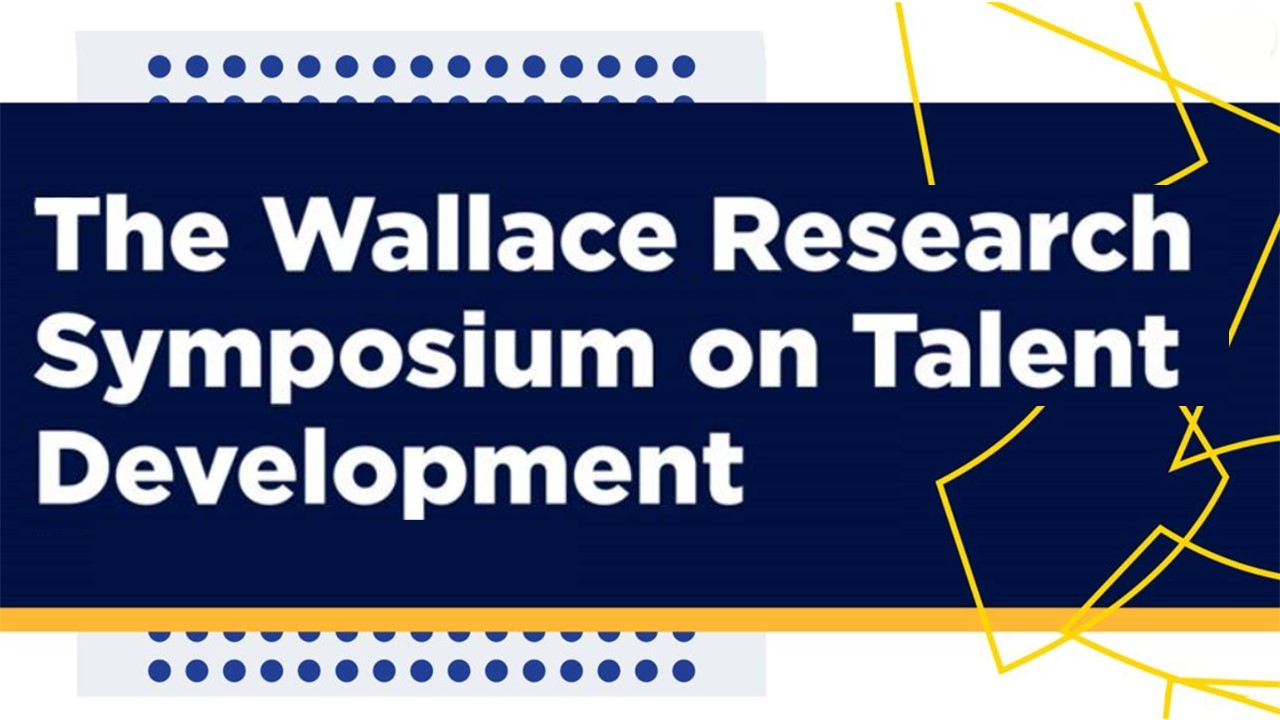
Poster Presentation 18 — District Equity Initiatives: Lessons Learned From Central Office Administrators — A. J. Balatico, Nancy B. Hertzog, & Kristen Lamb
Monday, May 20, 2024, 5:00 – 7:00 pm, Student Union Ballroom, Rooms 330/331
School district leaders across the United States must address whether their models of gifted education equitably serve their students and communities. In the state where we completed the study, gifted education is mandated as “basic education” with partial funding. In 2017, new legislation prioritized “equitable identification of low-income students” and nearly doubled the amount of funds based on total school enrollment to schools for gifted services. However, implementing sustainable programs to promote access to services and advanced learning opportunities requires leaders to prioritize limited resources. Researchers conducted 32 one-hour interviews with district administrators. Interviewees discussed challenges and barriers for implementing programs, services, policies, and initiatives to address educational equity in their districts prior to the COVID-19 pandemic. This paper focuses on how administrators aimed to increase access to services by communicating changes to district employees, families, and the broader community. Key findings include how administrators addressed changes and limitations related to funding, curriculum, transportation, and technology. Furthermore, administrators offered their goals for professional development, mental health resources, and recruiting and retaining educators in their district. This qualitative research addresses gaps in gifted education literature from district leaders’ perspectives of sustaining and developing equitable advanced learning opportunities in their districts.